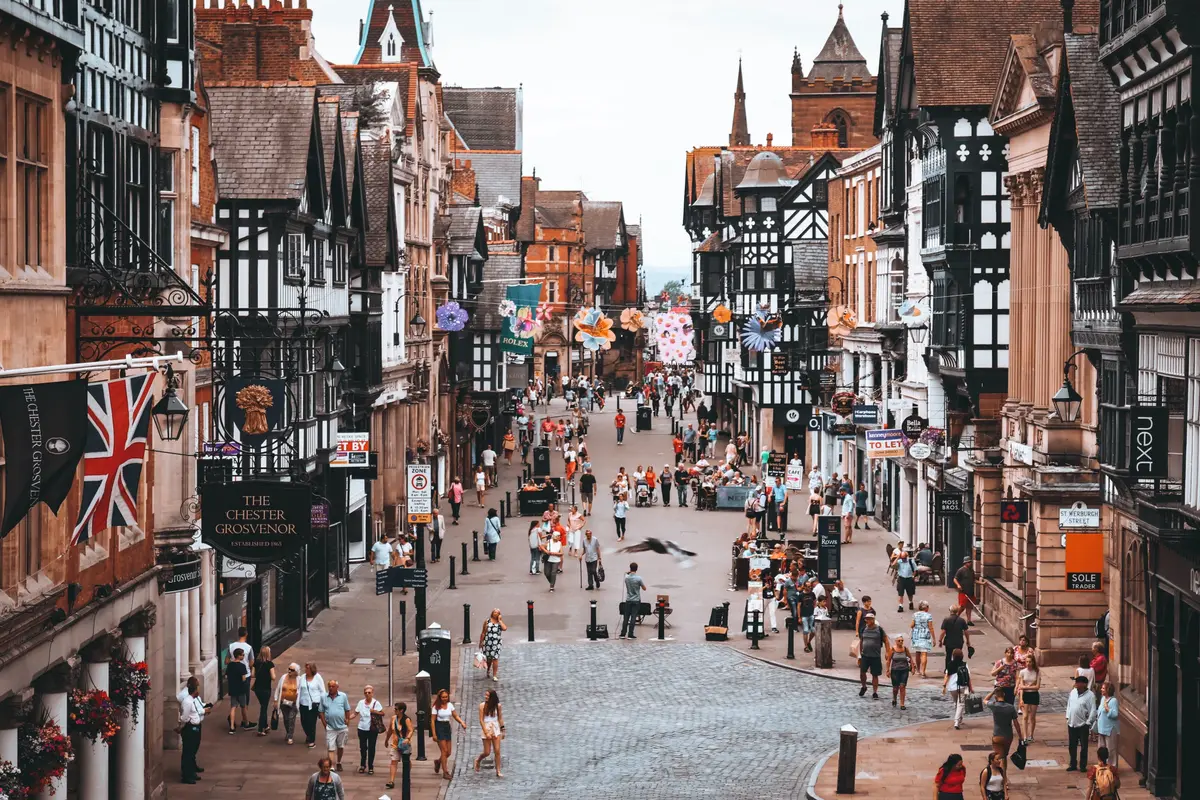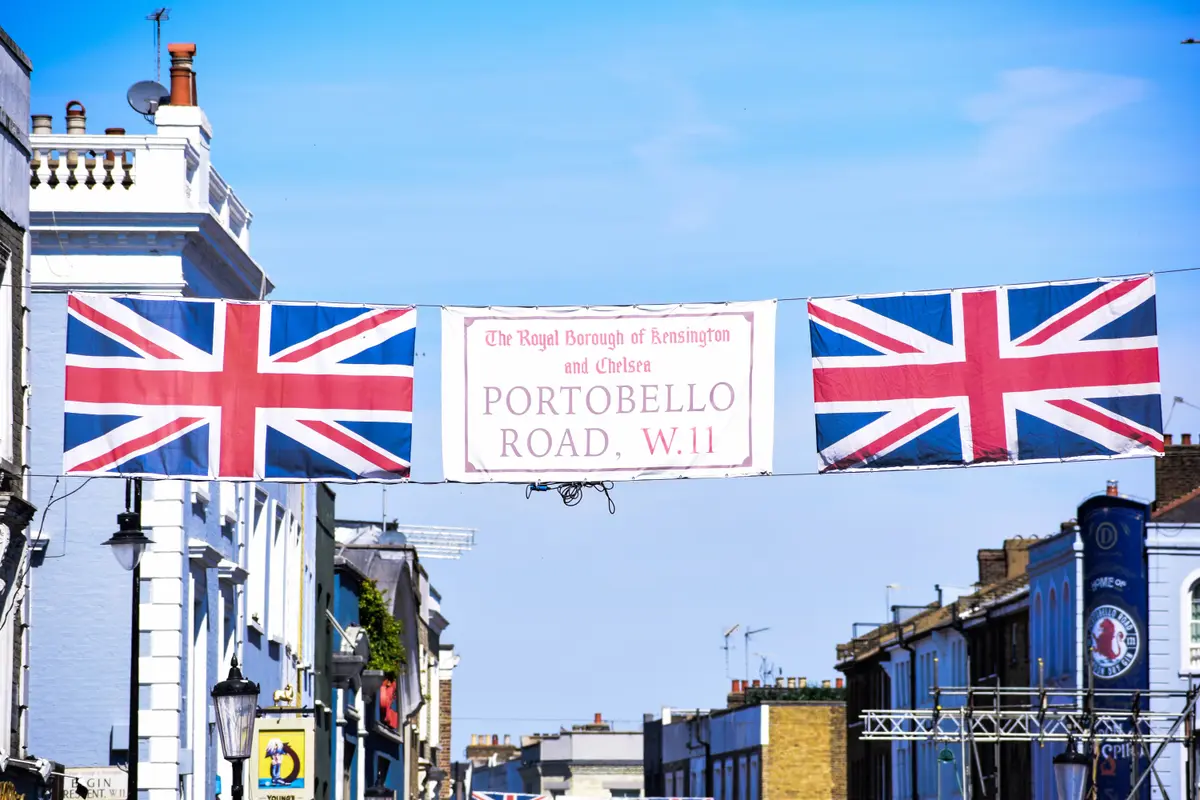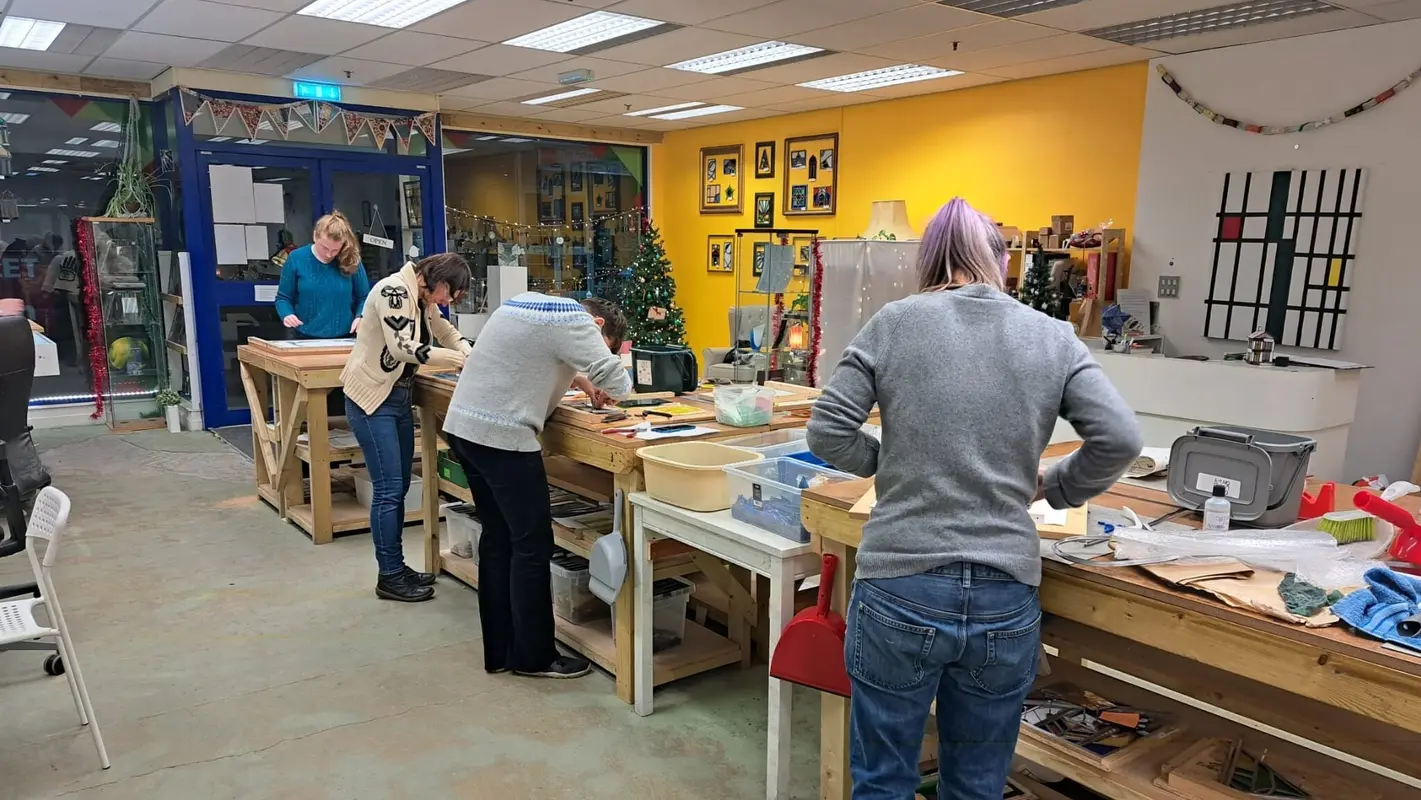This discussion paper examines transitional pathways to sustainable theatre production in the UK. By presenting and evaluating the application of circular economy principles within a variety of theatre-making contexts, it provides evidence related to the time, cost, training, support, professional development and resources required to decarbonise theatre production, reduce waste, and eliminate environmentally harmful industry practices.
The report includes detailed case studies of three productions:
- All’s Well That Ends Well by the Royal Shakespeare Company (RSC) – a “large-scale production”
- River Land by Theatre Alibi – a “small-scale production
- Exodus by National Theatre of Scotland (NTS) – a “touring production”.
The report concludes by identifying the key issues, challenges and opportunities associated with low carbon/low waste theatre production, and offers observations and recommendations to enable the sector to reduce its environmental impacts and contribute to the meeting of net-zero emission targets.
This research was co-commissioned with Arts Council England.
Image credit: Hulki Okan Tabak, Unsplash
Related Discussion Papers
Demand for Creativity and AI Skills in the Post-ChatGPT Labour Market
This study examines the evolving relationship between employer demand for creativity and AI skills i…
Regional Trade Agreements, Cultural Provisions and Trade in Cultural Goods
Analysing the impact of Regional Trade Agreements on the bilateral trade of cultural goods from 1999…
International Trade Challenges and the Effectiveness of Support Measures for the UK’s Creative Industries
The formidable challenges confronting the UK’s creative industries in the realm of exports, st…
Northern England’s Creative Industries
The Creative Industries are already a driver of growth across the UK economy. Export-intensive and m…
Creative Destruction? Creative firms, workers and residential gentrification
A new study by Tasos Kitsos, Max Nathan, and Diana Gutierrez-Posada finds only a minor influence of …
Speaking with One Voice
A fundamental remit of the BBC, and other public service broadcasters (PSBs) like ITV and Channel 4,…
Transitioning to Sustainable Production across the UK Theatre Sector
This discussion paper examines transitional pathways to sustainable theatre production in the UK. By…
Identifying and analysing UK fashion micro-clusters
The UK’s Fashion and Textiles industry contributed almost £20 billion to the UK economy in 202…
Net Zero as a catalyst in fashion micro and small enterprises
This report identifies examples of work taking place across three levels of change – social, e…
The Motives of Inbound Foreign Direct Investors in the UK Creative Industries
The UK’s creative industries have a global reach. British arts, technology, and design are internati…
Brexit uncertainty and international trade in services: Evidence from the UK creative industries 2014-2019
This discussion paper is based on one of the first studies to look at the impact of Brexit on the Cr…
Working Together – Cooperatives as a creative industry business model
This authors looks at how creative workers and students typically understand cooperatives, explore t…












